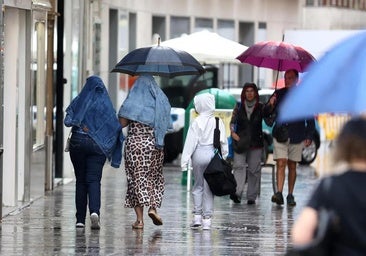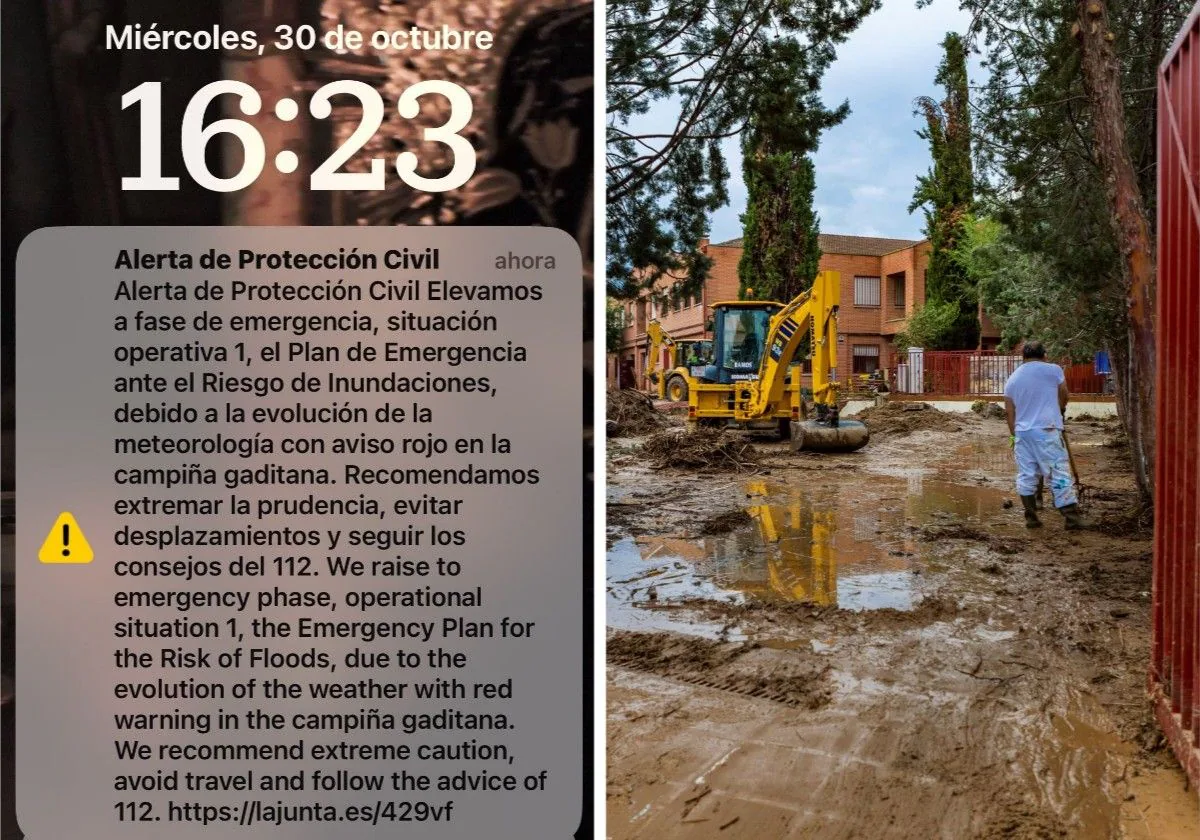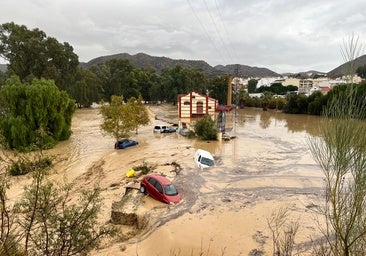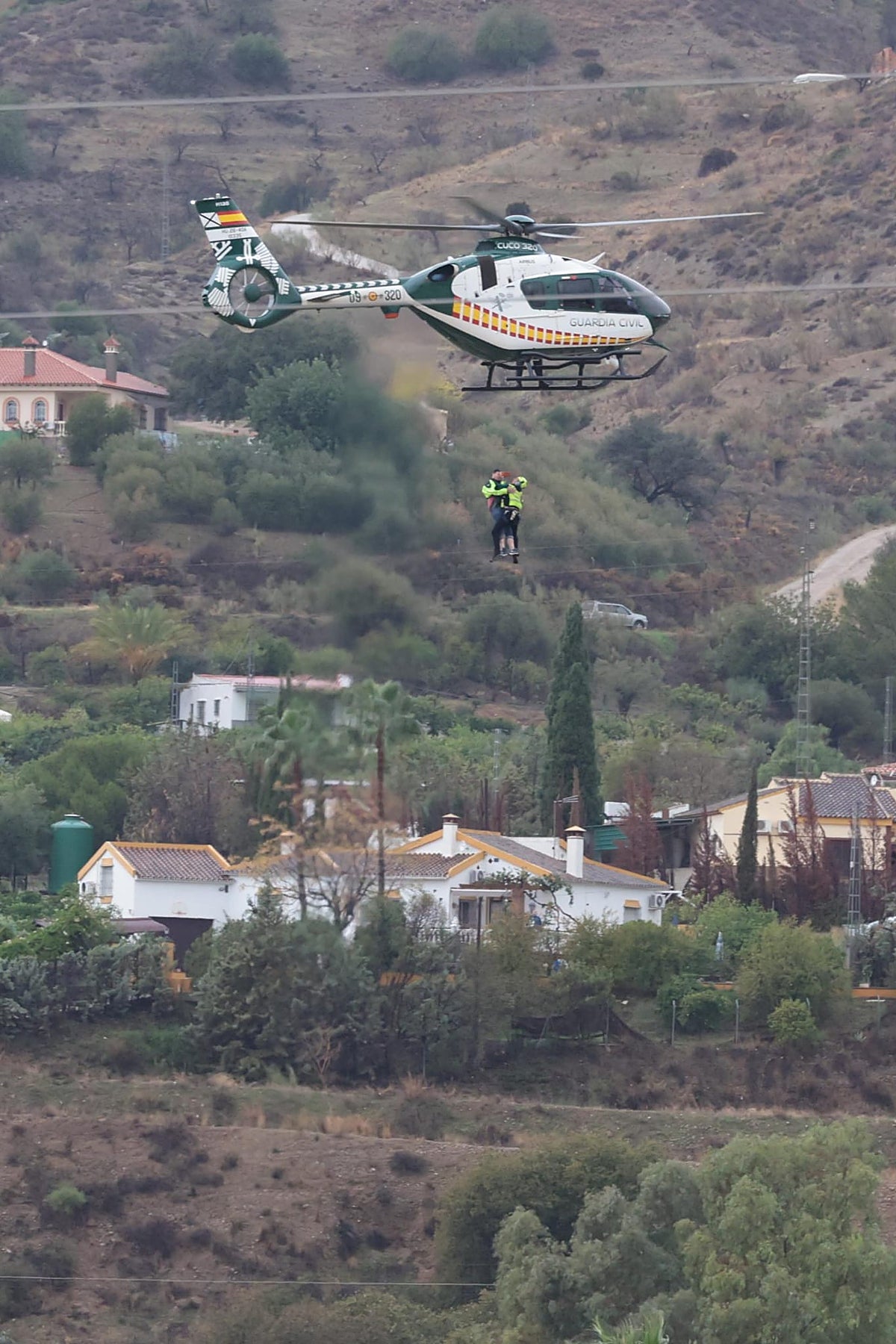Will the Junta send alerts to mobile phones or activate its emergency plan as Aemet forecasts more torrential rain for Spain?
112 Andalucía is advising drivers not to park cars near flood-prone areas and avoid making unnecessary journeys on Wednesday due to the approach of the epicentre of a cyclogenesis storm to Malaga and Granada provinces
Experts in the Junta de Andalucía's Ministry of the Presidency, which is responsible for emergency plans for natural disasters, is closely monitoring Wednesday and Thursday's weather forecast on a minute-by-minute basis after state agency Aemet predicted torrential rain to fall throughout Malaga and Granada provinces.
The department had not yet activated any emergency plans - not even in the initial, pre-emergency phase - by late Monday afternoon. However, there have been meetings with the 112 emergency service coordinators.
Related articles
Activating the emergency plans depends not only on the weather warnings from state agency Aemet , which are at amber for the middle of this week for heavy rain, but also on other factors such as the stability of slopes, river levels, recent rainfall, high tide, among others, according to sources.
For example, pre-emergency plans were activated on Monday in Almeria province, where the Aemet warning was only yellow, due to incidents on the road network and the volume of water that was flowing down several of the province's rivers.
For notifications to be sent to residents via mass mobile phone alerts (ES-Alert), the Junta has to be certain that there is a certain risk to the population, as it means that people in affected areas should not leave their homes and take extreme precautions, sources added.
Advice from 112 Andalucía
The Junta's 112 Andalucía emergency service coordination centre issued a statement on Monday advising people not to park vehicles near riverbeds, even if they are dry. 112 Andalucía also recommends extreme caution and following self-protection guidelines to prevent risks and ensure safety. It is therefore preferable to avoid travelling by road if possible. If it is essential to travel, it is important to find out about the state of the roads before setting off, and once on the road, follow the instructions from authorities, as well as keeping informed through the press and social media.
You should never cross a flooded or waterlogged area. If you have crossed a flooded area for any reason, then you should test the brakes by lightly applying them. If, in addition, you are caught in heavy flooding, be prepared to leave the vehicle immediately when the water has risen above the wheel axle height.
In the open countryside in stormy weather, isolated areas or solitary trees and rocks can attract lightning and should be avoided, as well as metallic objects. In coastal areas you should avoid walking along promenades, breakwater areas and viewpoints, as there is a risk you could be suddenly swept away by strong waves.




